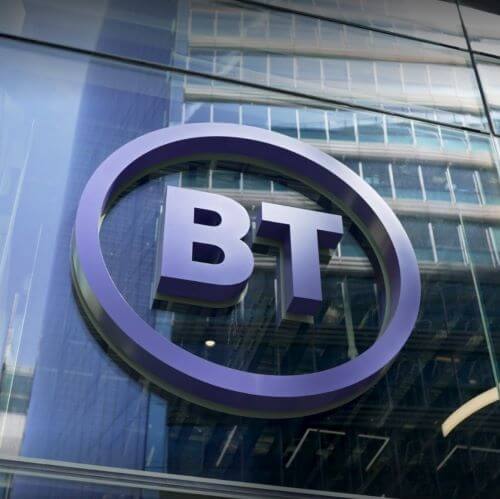
Also in today's EMEA regional roundup: BT tackles its legacy tech with Tata; Iliad's Free gets fined for personal-data carelessness; UK and Japan cozy up for a digital future.
The organization in charge of BT's pension scheme has warned UK lawmakers that it may need to go cap-in-hand to the operator to bolster the scheme in the wake of the disastrous "mini-budget" unleashed on the world by blink-and-you'll-miss-her former Prime Minister Liz Truss and her chancellor sidekick, Kwasi Kwarteng. As Sharecast reports, citing the Financial Times, BT Pension Scheme Management told lawmakers that it may need "more support from BT in future valuations than previously anticipated." Responding to the news, BT said that it remains on track with its plan to eradicate the £4 billion (US$ 4.8 billion) pension scheme funding deficit by 2030, despite the gilt markets mayhem triggered by the Truss/Kwarteng debacle. (See Eurobites: BT's pension fund takes £11B hit from UK government's 'mini-budget'.) Figure 1:
 (Source: BT)
(Source: BT)Meanwhile, BT has partly outsourced the decommissioning of its "legacy" technology estate to India's Tata Consultancy Services (TCS). The deal, which BT reckons will deliver an annualized saving of £65 million by the end of the 2025 financial year, will entail around 400 BT employees joining TCS. Aside from this specific deal, BT and TCS have also agreed to work together on "joint go to market propositions," whatever that means, in the coming months.
Iliad's Free unit has been fined €300,000 ($315,000) by the French competition authority for failing to properly protect customers' personal data, Reuters reports.
UK converged operator Virgin Media O2 is hoping to reduce its operational costs by choosing Canonical's Charmed OSM network orchestration software for hybrid workload deployments. Mavenir is acting as the middleman in the deal.
Airtel Africa appears to be the last man standing in Nigeria's latest 5G spectrum auction, Reuters reports, following the failure of another company, Standard Network & Connections, to pay a deposit required to continue participating in the auction. The spectrum license has a reserve price of $273.6 million.
The UK and Japan are trumpeting a new "digital partnership" that they hope will, in the words of the UK government's statement on the matter, "structure engagement between the UK and Japanese governments on a range of digital issues, including how to improve the resilience of globally significant supply chains such as semiconductors and telecommunications." Ensuring the security of Internet-connected products will also be a priority for the partnership, the statement added.
Italian towers company Inwit has awarded all its non-managerial staff a €1,000 ($1,051) cost-of-living bonus, though it comes in the form of supermarket and fuel vouchers rather than hard cash.
South Africa's MTN has opted for Teoco's Asset 5G planning software to help with the rollout of 5G to its 34.5 million subscribers. The deal is just the latest chapter in the two companies' 20-year relationship.
The Scottish city of Glasgow has the UK's biggest broadband speed gap, with its fastest area 866 times quicker than its slowest. That's one of the findings from analysis of 16,500 consumer speed tests carried out by Uswitch.com, a price-comparison website. The highest average download speed was also found in Scotland, with the capital city, Edinburgh, notching up 840 Mbit/s. The average UK home broadband speed is currently 59.4 Mbit/s, according to communications regulator Ofcom.
New research carried out by GlobalData on behalf of Nokia has found that cybersecurity and business efficiency are the key drivers of private networks adoption, with nearly 80% of respondents expecting to achieve a return on investment within six months of deployment. Of those who had already deployed a private network, more than half had already seen total cost of ownership (TCO) reductions of 6% or more, with 29% experiencing a more than 10% TCO reduction.
— Paul Rainford, Assistant Editor, Europe, Light Reading
Read more about:
EuropeAbout the Author(s)
You May Also Like











